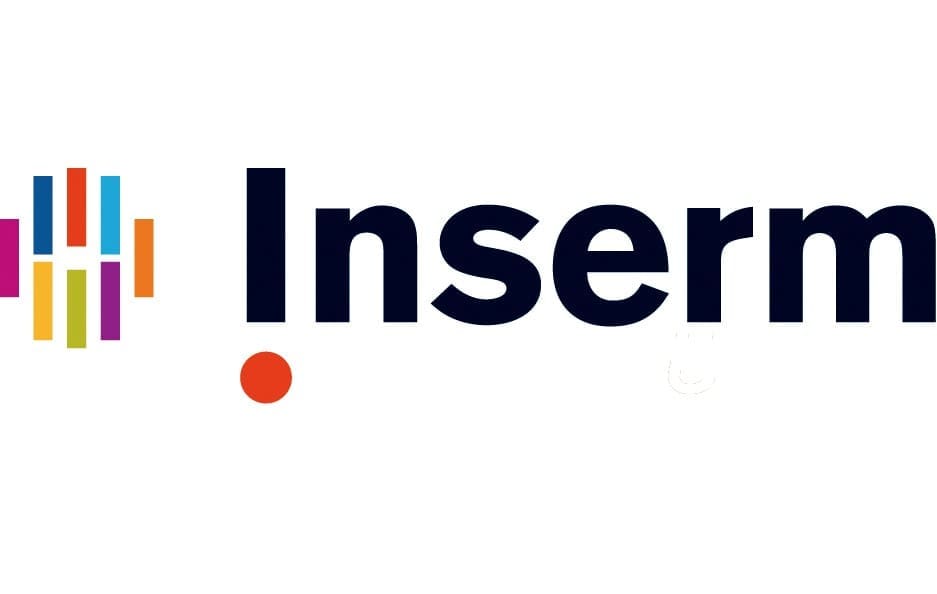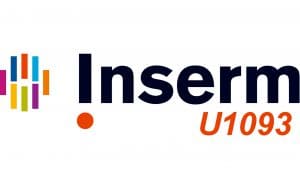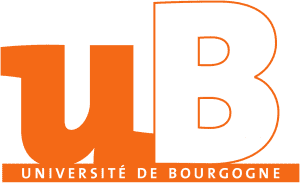ANR MENTALIST
ANR (Generic Project – 2020-2023)
Title: Neurophysiological mechanisms underlying mental fatigue induced by prolonged use of smartphone
Acronym : MENTALIST
Coordinator : Prof. Romuald Lepers (UMR INSERM 1093, Cognition, Action et Plasticité Sensorimotrice, CAPS)
Partners :
- Bénédicte Poulin-Charronnat, (Dir. Recherche CNRS, UMR 5022, Université de Bourgogne, LEAD)
- Benjamin Pageaux (Assistant Professor, Université de Montréal, CRIUGM)
Abstract
Mental fatigue results from the prolonged engagement in demanding cognitive activities and is a significant public health problem in our modern society. Mental fatigue decreases cognitive and physical performances (e.g., alteration of speed and accuracy of movement, reduction in muscular endurance). It has been recently evidenced that the prolonged use of smartphone and social networks induces mental fatigue. This project aims to identify 1) the negative effects of mental fatigue induced by the prolonged use of smartphone and social networks on cognitive and motor performances in healthy young adults, and 2) the neurophysiological mechanisms underlying these alterations. This project, by using a multidisciplinary approach and combining electroencephalography and transcranial magnetic stimulation, will contribute to the identification of neurophysiological correlates of mental fatigue and improve its prevention and care.


ANR GLAD
ANR – Generic call for projects 2020
Title: Glasses to hear differently
Acronym : GLAD
Coordinator : Carine MICHEL (UMR INSERM 1093, Cognition, Action et Plasticité Sensorimotrice, CAPS)
Partners : Bénédicte POULIN-CHARRONNAT (UMR CNRS 5022, Laboratoire d’Etude de l’Apprentissage et du Développement, LEAD)
Abstract
Our project aims to better understand the link between visuo-motor plasticity (by using a short exposure to glasses shifting the visual field) and auditory perception to propose an innovative therapeutic method to reduce hearing loss. There are not only many evidences showing the therapeutic effects of prism adaptation on lateralized impairments but also our recent innovative result shows the effect of prism adaptation on auditory perception in healthy individuals (Michel et al., 2019; Bonnet et al., 2020). Our project has two main objectives: 1) from a fundamental point of view, we will deepen our understanding of the effects of prism adaptation on auditory processes in healthy subjects, 2) from a clinical point of view, we will investigate the therapeutic effects of a short exposure to prisms on hearing deficits of tinnitus and presbycusis.
ISITE-UBF GRAVITARM
ANR – I-SITE UBFC 2018-2022
Title : Gravity force integration into motor control of arm movements
Acronym : GRAVITARM
Coordinator : Prof. Charalambos Papaxanthis (UMR INSERM 1093, Cognition, Action et Plasticité Sensorimotrice, CAPS).
Partners :
- Prof. Dora Angelaki (New York University, USA).
Abstract
We are moving in the Earth’s gravitational field. The brain must integrate the action of gravity on the body to produce coordinated actions. We have formed a consortium (1 French, 1 American with its own NIH grant) to decipher the mechanisms implemented by the brain to manage gravity in order to control movement. Through the use of complementary techniques (e.g. kinematics, transcranial magnetic stimulation (TMS), peripheral neural stimulation (H-reflex, CMEP) and EMG recordings) in young participants (in 1g and 0g during parabolic flights) or aged (condition 1g) and in vestibulolated monkeys, we will test the main hypothesis that the vestibular system powers internal gravity models that allow the brain to control the effects of G on the body and prepare appropriate motor commands.
ANR EXO-MODE
ANR (Generic Project – Collaborative Research Project), 2016-2021
Title :Tailoring exercise with muscular contraction: development of an innovative hybrid ergometer
Acronym : EXO-MODE
Coordinator : Prof. Romuald Lepers (UMR INSERM 1093, Cognition, Action et Plasticité Sensorimotrice, CAPS)
Partners :
- Prof Jean-Marie CASILLAS, (PU-PH, Pôle de rééducation réadaptation du CHU de Dijon, CIC INSERM 1432).
- Prof. Nicolas TORDI (EA 4267 « Fonctions et Dysfonctions Epithéliales, Plateforme EPSI, Besançon).
- Prof Stéphane PERREY (laboratoire EA2991 Movement To Health (M2H), Montpellier)
- Prof Ruddy RICHARD (INRA UMR 1019, Clermont-Ferrand)
Abstract
Maintaining autonomy and limiting disabilities related to diseases occurring in aging subjects are major public health issues. These recommendations in terms of physical activity remain to be improved, because they do not correspond to the diversity of constraints encountered in the activities of daily life and the great heterogeneity of the public to which they are addressed. Moreover, they focus on the duration, frequency and intensity of physical activity and favor concentric contractions. Thus, the modulation of muscle contraction has never been proposed. The EXOMODE project proposes a new personalized physical activity prescription paradigm, based on the modulation of the mode of muscle contraction in elongation (eccentric) during a pedaling movement of the lower limbs. The objective is to validate the implementation of rehabilitation programs adapted to the physiological and environmental realities of each individual. This project will allow us to deepen our knowledge of the acute adaptive mechanisms linked to the modulation of muscular contraction on the muscular, cardiovascular and cognitive levels. This new reconditioning technique based on eccentric pedaling will be widely disseminated to the various social and professional environments that deal with chronic motor disabilities.

ANR MOTION
ANR(White Project), 2014-2017
Title : Movement control and prediction in Earth’s gravitoinertial field
Acronym : Motion
Coordinator : Prof. Charalambos Papaxanthis (UMR INSERM 1093, Cognition, Action et Plasticité Sensorimotrice, CAPS)
Partners :
- Jean Blouin DR CNRS, (UMR CNRS 7291, Laboratory of Cognitive Neuroscience, LCN).
- Prof. Dora Angelaki (Department of Neuroscience at Baylor College of Medicine, Houston, USA).
Abstract
While moving, several forces (e.g. gravity, centrifugal) act on our body and the brain has to consider their action to produce coordinated movements, as those that we accomplish daily without effort and that we admire in several sports and dance. Surprisingly, the question of how the brain deals with these forces during the preparation and execution of movements has been overlooked. We have built a consortium (2 French Partners, 1 U.S. Partner) to decipher the basic mechanisms implemented by the brain to specifically cope with these external forces to control motor actions. Using complementary techniques (motion analysis, EEG, EMG, and fMRI) with normal or vestibular-defective humans and monkeys, we will test the hypothesis that internal models allow the brain to predict the effects of these forces on movements and to tune the motor commands accordingly.


